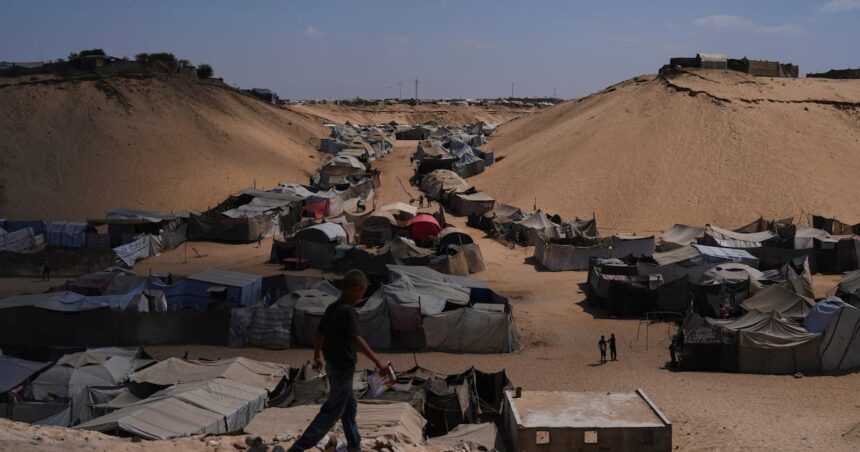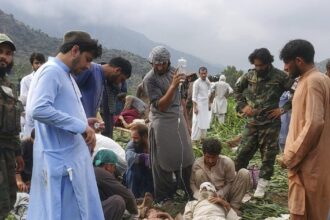The diplomatic landscape surrounding the Israel-Hamas conflict shifted dramatically this week as Spain, Ireland, and Norway formally recognized Palestinian statehood. This coordinated European action marks a significant development in international relations, potentially altering the trajectory of one of the world’s most intractable conflicts.
“This moment represents a recalibration of global diplomacy,” says Dr. Aliya Rahman, professor of international relations at the University of Toronto. “European nations are signaling that continued Israeli military operations in Gaza without a clear path to peace will face increasing international pressure.”
The recognition of Palestine as a sovereign state has been a long-standing Palestinian objective, seen as essential to achieving self-determination and ending what many international observers describe as occupation. Currently, 143 of the United Nations’ 193 member states recognize Palestine, though major Western powers like the United States, United Kingdom, and Germany have traditionally resisted full recognition.
Israeli Prime Minister Benjamin Netanyahu swiftly condemned the European announcements, calling them a “reward for terrorism” that would impede peace efforts rather than advance them. Israel’s position remains that Palestinian statehood should emerge only through direct negotiations between the parties, not through unilateral international recognition.
The practical effects of recognition remain complex. While it elevates Palestine’s diplomatic standing and potentially strengthens its position in international organizations, recognition alone cannot create functioning state institutions or resolve territorial disputes with Israel. Palestinians in Gaza and the West Bank continue to live under varying degrees of Israeli control, with borders, resources, and security arrangements unresolved.
“Recognition is largely symbolic without concrete changes on the ground,” explains Canadian diplomat Martin Kellerman, who served in Tel Aviv from 2015-2018. “The fundamental challenges—security, borders, settlements, Jerusalem’s status, and refugee returns—remain as difficult as ever.”
For Palestinians in Gaza, where more than 35,000 people have died in the current conflict according to local health authorities, diplomatic developments may seem distant from immediate humanitarian concerns. The territory faces catastrophic destruction, with critical infrastructure decimated and over 80% of the population displaced.
The European recognitions reflect growing international frustration with both the humanitarian crisis in Gaza and the perceived lack of progress toward a two-state solution. French President Emmanuel Macron suggested more European nations may follow suit, creating potential diplomatic challenges for Israel beyond the battlefield.
Canada maintains its long-standing position supporting a two-state solution negotiated directly between the parties. Foreign Affairs Minister Mélanie Joly reiterated this stance following the European announcements, though pressure may mount on Western governments to reconsider their positions as the conflict continues.
For Israelis, the push for Palestinian recognition represents a concerning diplomatic trend that they believe fails to address their security concerns, particularly regarding Hamas, which is designated as a terrorist organization by Canada and many Western nations. Israeli officials argue that recognition without demilitarization of Palestinian territories would threaten Israeli security.
As diplomatic maneuvers continue alongside military operations, the fundamental question remains: can recognition of statehood help break the cycle of violence, or does it merely represent another point of contention in an already complex conflict? The answer may ultimately depend less on diplomatic declarations and more on whether Israelis and Palestinians can find a path to coexistence that addresses both security concerns and aspirations for self-determination.









